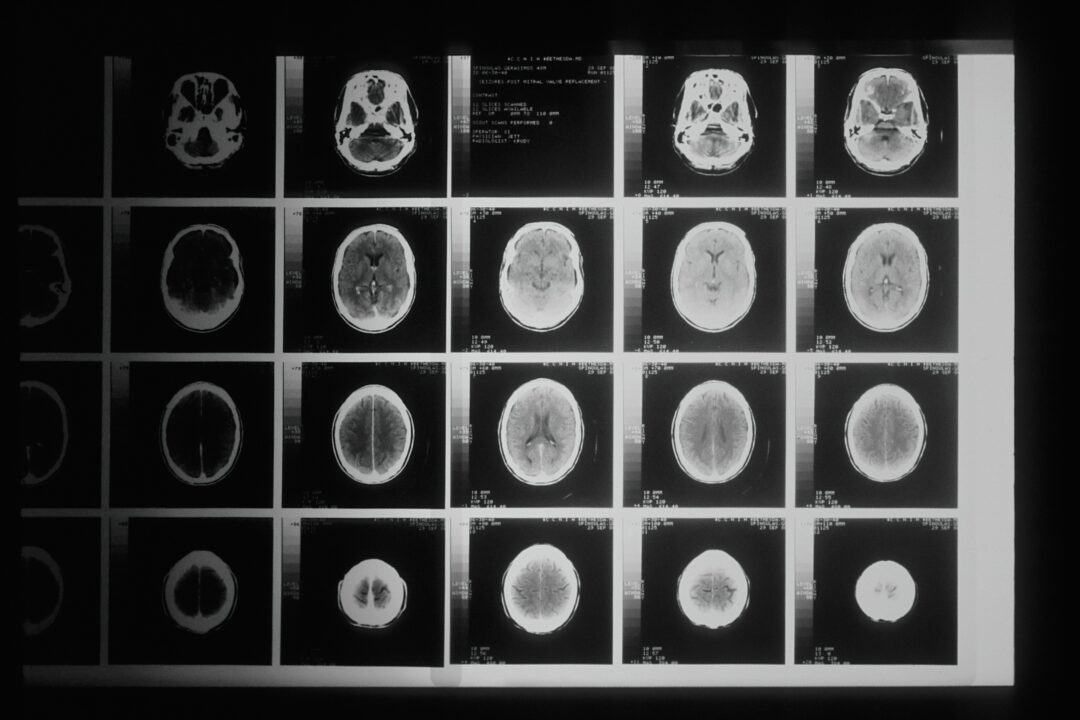By Jennifer McDougall
Crystal meth, also known as “ice,” is an addictive drug that causes increased energy levels, euphoria, and excitement while increasing alertness and concentration. This high is short-lived but powerful. However, it can lead to paranoia, delusions, hallucinations, and many other harmful effects.
Crystal Meth Use Has Many Long-Term Effects
It’s important to note that crystal meth is a very addictive substance with serious long-term effects on your body and mind if used consistently over time—even if you’re only using it once in a while.
In 2020, roughly 23,837 people died from an overdose of psychostimulants other than cocaine.
The United Nations Office on Drugs and Crime estimates that over 500 metric tons of amphetamine-type stimulants, including methamphetamine, are produced each year globally, with 24.7 million abusers.
Psychologists have discovered that, in most cases, addiction may be rooted in a person’s childhood and adolescence. Children who suffer from trauma, chronic stress, and psychiatric disorders often turn to narcotics later in life to cope with the emotions that arise because of their early life.
Crystal Meth Use Has Many Long-Term Effects
Recreational users of crystal meth report feelings of euphoria, increased energy, and alertness during the first hour after taking it. However, these effects don’t last very long—within a few hours; the user may feel depressed and exhausted after their body gets used to being high on crystal meth.
Long-term use of crystal meth causes a variety of physical side effects, including:
- Weight loss (and sometimes dramatic weight loss)
- Damage to blood vessels in the brain causes stroke-like symptoms such as slurred speech or paralysis on one side of the body–this condition is called “cognitive dysfunction” or “meth mouth”–wherein teeth decay rapidly due to dry mouth caused by snorting or smoking this substance; chronic users often have missing teeth or many blackened ones with brown spots on them; they also tend to lose all their teeth because they are so brittle from malnutrition caused by using this drug regularly over time.
Heart disease
- Crystal meth causes high blood pressure, irregular heartbeat, and heart attacks.
- Strokes: Crystal meth causes strokes in two ways. First, it keeps the blood vessels in your brain from expanding properly to allow enough oxygen-rich blood to flow through them. Second, it can cause bleeding in your brain after you’ve had a stroke.
- Heart failure: Your heart becomes enlarged and weakens from pumping so much extra dopamine into your system over time. This makes it harder for the heart muscle to contract properly for an entire beat cycle—leading to shortness of breath and fatigue due to reduced cardiac output (the amount of blood pumped out by each heartbeat).
- Cardiac arrest: A person who overdoses on crystal meth has an increased risk of sudden death due to cardiac arrest caused by seizures or respiratory failure brought on by metabolic stressors such as low body temperature or lack of sleep due to sleeplessness caused by amphetamine addiction.
Brain damage and stroke
Crystal meth is a highly addictive stimulant that can severely damage the brain. This, in turn, can cause memory loss and even lead to stroke. In addition, crystal meth’s long-term effects include psychosis, anxiety, paranoia, and depression, as well as brain damage.
HIV/AIDS and hepatitis
HIV/AIDS, hepatitis, and other blood-borne diseases are transmitted through shared needles, sexual contact, or mother-to-baby during pregnancy. For example, if you inject crystal meth with a dirty needle that’s been in another user’s bloodstream—and that user was infected with HIV/AIDS—you could contract the disease as well. In addition to using dirty needles, sharing straws (used to snort meth) can also lead to the transmission of blood-borne diseases like HIV/AIDS and hepatitis.
Your risk of contracting HIV/AIDS is greater if you’re exposed to large amounts of crystal meth over a long period. This increases your risk because it allows more virus particles into your body via shared needles or straws used for snorting drug residue off foil or plastic wrap containing traces of drug residue left behind by previous users.
Extreme weight loss
Crystal meth can cause extreme weight loss. Methamphetamine is a stimulant, which means it increases your metabolism. It also suppresses your appetite, so you don’t feel hungry and eat less food. If you use the drug regularly, it’s not uncommon to lose more than 10 pounds in a month.
When someone stops using crystal meth, their metabolism will slow down again. As a result, they’ll begin eating more food than usual again—but their body won’t be able to keep up with all of this extra energy from the increased intake of calories. This can lead to increased body weight.
Tooth decay
- The primary way that crystal meth affects tooth decay risk is by reducing your salivary flow (saliva production) by up to 50% compared with normal levels. This reduction can lead directly to tooth decay since our mouths contain both good and harmful bacteria that compete with each other for resources like food particles or sugars from our diet—and we need plenty of good bacteria for healthy oral health.
To learn about addiction treatment for breaking free from crystal meth abuse, please get in touch with Passages Malibu at (888) 397-0112.
The drug can have devastating effects on your physical health. It can lead to heart disease, strokes, and HIV/AIDS or hepatitis. It also causes severe damage to your brain’s structure and function over time, which leads to cognitive impairment in thinking skills such as memory and attention span. Addiction treatment for crystal meth abuse is an essential part of receiving the proper care you need. Our team of specialized professionals works closely with you or your loved one to heal the mind, body, and spirit. We provide various holistic therapy methods to help you or your loved one identify and heal the underlying conditions causing substance abuse-related issues. In addition, our nursing staff is here 24/7 to be sure you detox safely in a confidential and tranquil environment.
